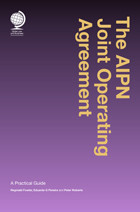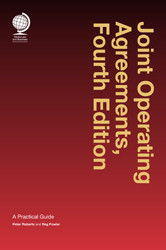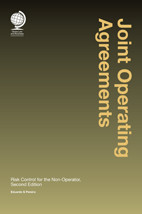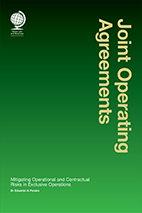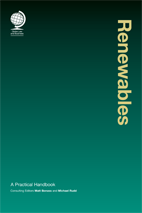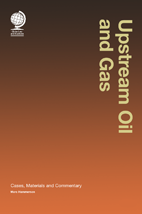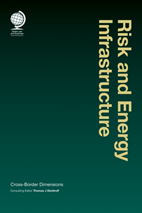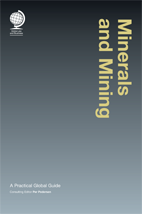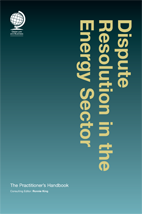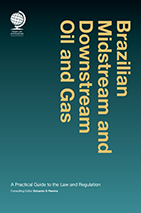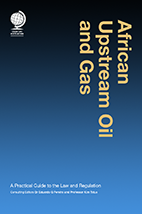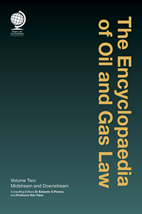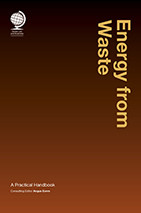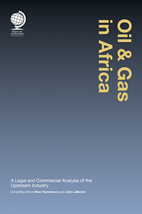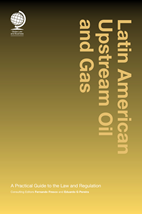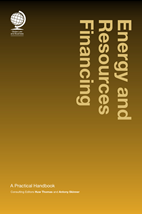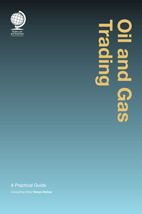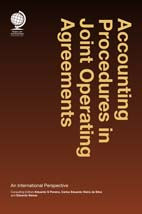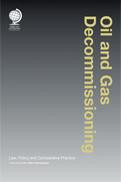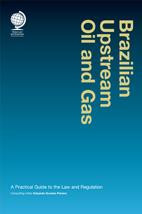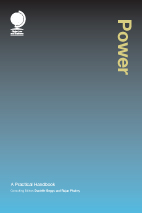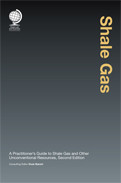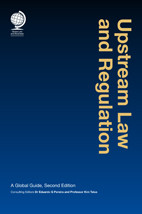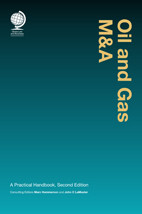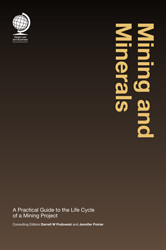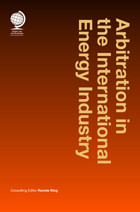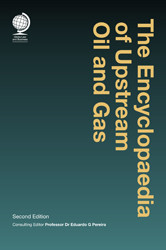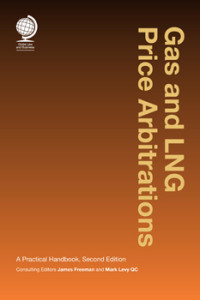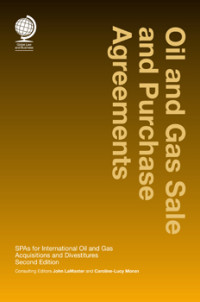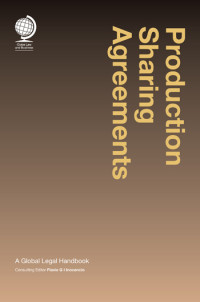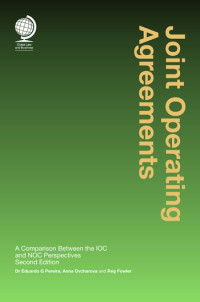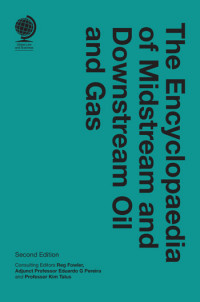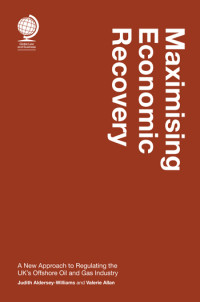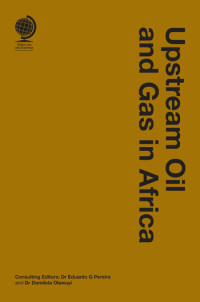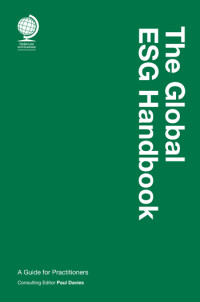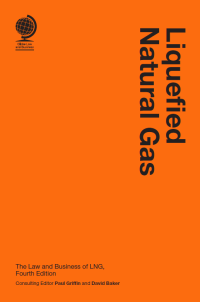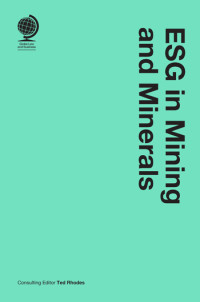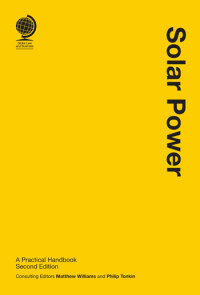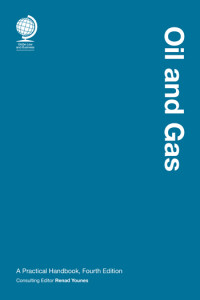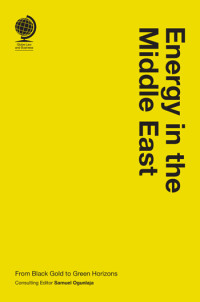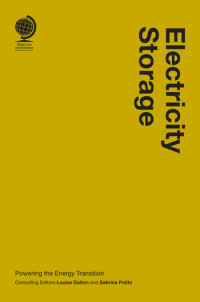
Author(s): Reg Fowler - Shell, Peter Roberts - Orrick, Eduardo G Pereira - Externado University of Colombia; University of Oslo
Publication date: Feb 2019
Format: Hardback
Pages: 586
Price: £195.00
Discounted Price: £117.00
ISBN: 9781787422001
How our eBook platform works
How permanent access, multi-user eBooks work
Add to basket (UK and Europe)Add to basket (USA, rest of world)
Add to basket (UK and Europe)Add to basket (USA, rest of world)
This detailed commentary will be an essential tool for practitioners and academics working and teaching
in the petroleum sector. If the AIPN ever embarks on a 5th edition of the JOA, it will be an excellent reference
point for the revision committee. Meanwhile it should be on the desk (not the shelf) of every serious upstream negotiator who embarks on
any JOA negotiation - even if the parties are not starting from the AIPN Model JOA.
,
The Association of International Petroleum Negotiators (AIPN) model form joint operating agreement (JOA) was first issued in 1990 and has undergone a number of subsequent revisions. It is the most widely-used (although not always the most liked) joint operating agreement in international conventional oil and gas projects today.
This book offers a pragmatic, detailed clause-by-clause review of the most recent (2012) version of the conventional petroleum AIPN JOA. Each clause is analysed in depth by reference to: (1) a statement of what the clause says; (2) a summary of the intended meaning of the clause; and (3) observations on how the clause tends to be modified in practice and might be improved. The book also analyses the major appendices of the AIPN JOA, including the accounting procedure and the lifting procedures.
This book is written by experienced practitioners who together have many years of knowledge and understanding in redrafting, negotiating and applying the AIPN JOA. It will be invaluable to legal representatives, financiers, commercial managers, operational personnel and government parties who are dealing with the AIPN JOA, whether for the first time or from a position of relative familiarity.




